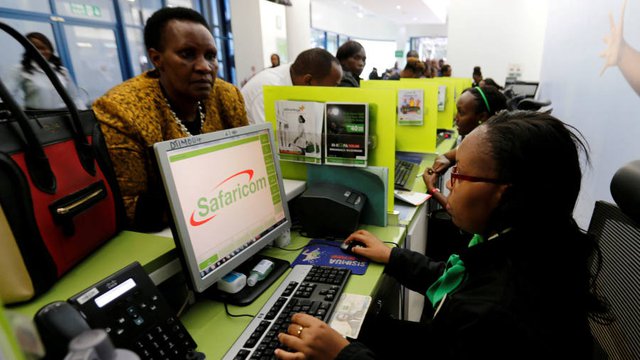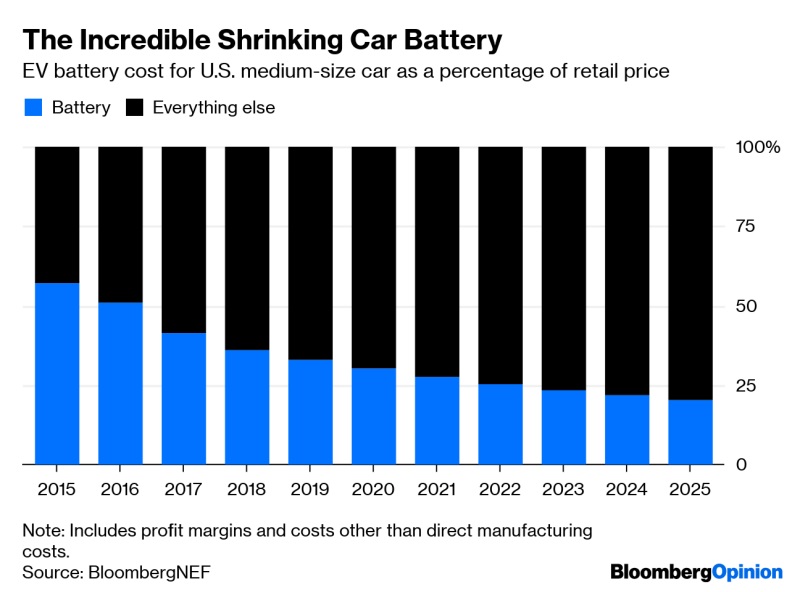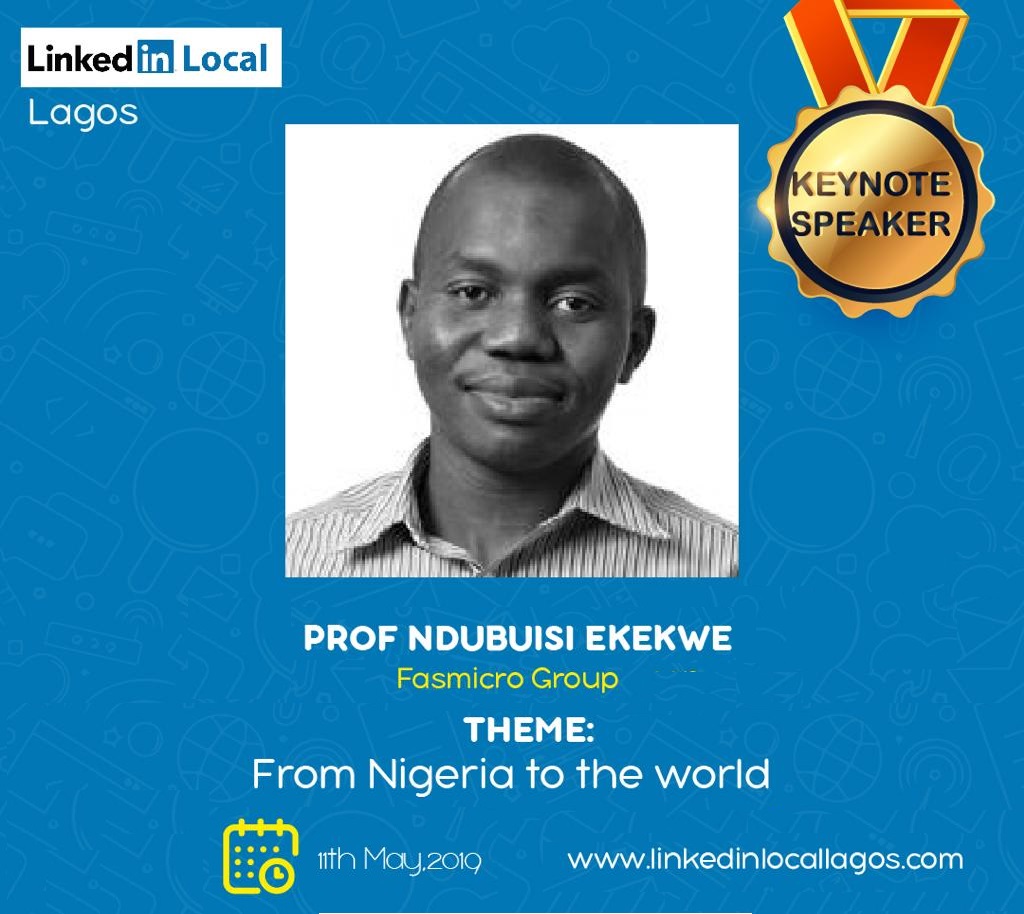It was like a fiction: Safaricom and Equity Bank coming together to serve and fix market frictions. For years, Equity Bank has been laboring on how to overcome the challenges MPESA, the mobile money solution controlled by Safaricom, have brought in its financial services market. But at the end, both have decided to come together.
Each of these entities will benefit in big ways: Equity needs a distribution channel a telco offers while Safaricom needs a banking institution for new product lines. Yes, there are things a telecom company cannot just do. This paragraph from the press release summarizes the joint motivations:
Through collaboration that will align their joint purpose to transform lives, Equity and Safaricom hope to build more inclusive financial products, explore regional synergies, simplify cash delivery between their agents and share technical knowledge to build a common approach to risks such as fraud and cyber-security.
I expect other banking institutions in Kenya to fall further behind. Also, other telcos will have more challenges ahead. Equity Bank is a highly respected banking institution in Kenya while Safaricom is a category-king and innovation-leader in the telecom sector. Both coming together should frighten competitors in the respective sectors especially now that technology is narrowing the separation between banking and telecom services.
Kenya Must Not Separate MPESA From Safaricom; Platforms Thrive On Dominance
The Press Release
Equity Group Holdings PLC and Safaricom PLC have announced plans to create a joint transformation agenda that aims to enable more Kenyans to access critical services using an innovative combination of technology and finance.
Through collaboration that will align their joint purpose to transform lives, Equity and Safaricom hope to build more inclusive financial products, explore regional synergies, simplify cash delivery between their agents and share technical knowledge to build a common approach to risks such as fraud and cyber-security.
“At Safaricom, we are continuously driven to explore new ways to provide our customers with the best possible experience on our network. As we continue on our journey to become a more widely accessible digital platform, symbiotic partnerships like this one will unlock new opportunities for our entire ecosystem to benefit from enriched innovation – all based on a socially conscious business model,” said Bob Collymore, CEO, Safaricom.
Specifically, the collaboration will see both companies work together to identify and deepen financial opportunities for Kenyans. Despite years of commendable progress, the majority of Kenyans continue to lack access to essential financial services. Both Equity and Safaricom have built their operations around the belief that technology and innovation can spur growth and create new opportunities for growth in areas like mobile financial services.
“Equity’s purpose is to transform lives and livelihoods of our people socially and economically by availing them modern inclusive financial services that maximise their opportunities. We continuously champion, collaborate and partner to bring this purpose to life. We will harvest, channel and transmit the benefits of the robust macro-economic growth characterized by national infrastructure investments into advantages and opportunities for the ordinary Kenyans especially those in real economy, agriculture, micro, small and medium businesses and enterprises.
Our ambition is to be the region’s leading bank, and we continuously harness the power of technology to create opportunities to transform how people access and consume financial services. We strive to respond to our customers’ emerging needs, aspirations and preferences. As demand for these services evolve in tandem with the changing lifestyles, we are positioning ourselves to create new bridges of opportunity for Kenyans by combining the empowering nature of access to credit with the reach and transparency of technology,” said Dr. James Mwangi, CEO, Equity Group Holdings.
The collaboration will also see both parties enter into mutually beneficial agreements to maximize the ability of more people to benefit from inclusive, tech-driven financial services. Equity and Safaricom have grown thanks to strong partnerships with dynamic entrepreneurs such as their dealer and agent networks. This alliance will enhance and streamline dealer financing for such groups.
Lastly, as technologies continue to evolve, the partnership will facilitate more knowledge transfer opportunities between the two organizations, allowing technical staff to build their skills and enhance understanding of emerging risks such as fraud and cyber-security.
The partnership, which will initially focus on building bridges between the work of the two organizations, was formalized during a signing ceremony attended by the CEOs of both organizations this week.
Like this:
Like Loading...







